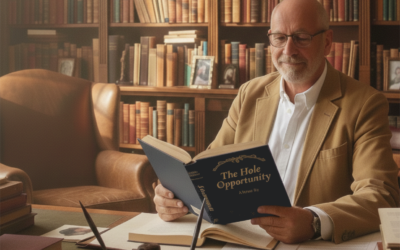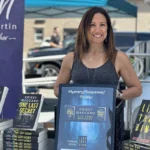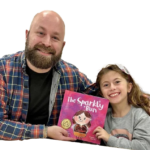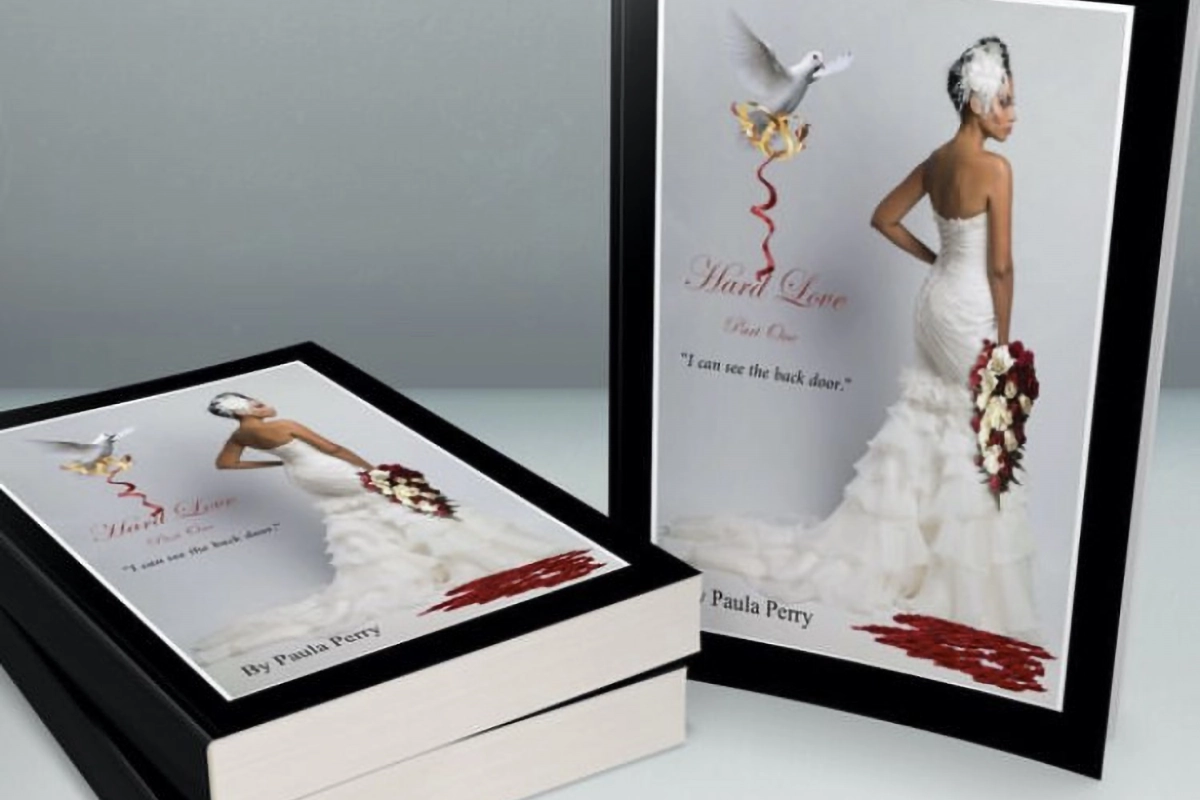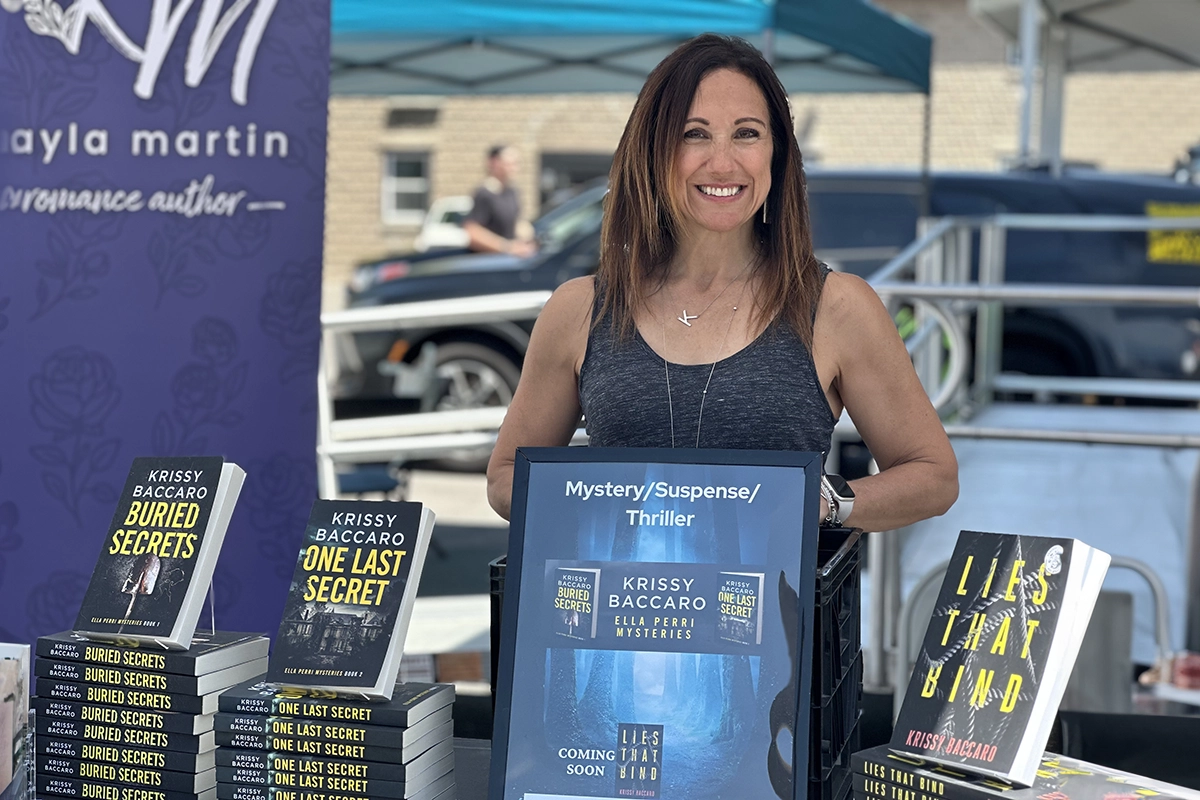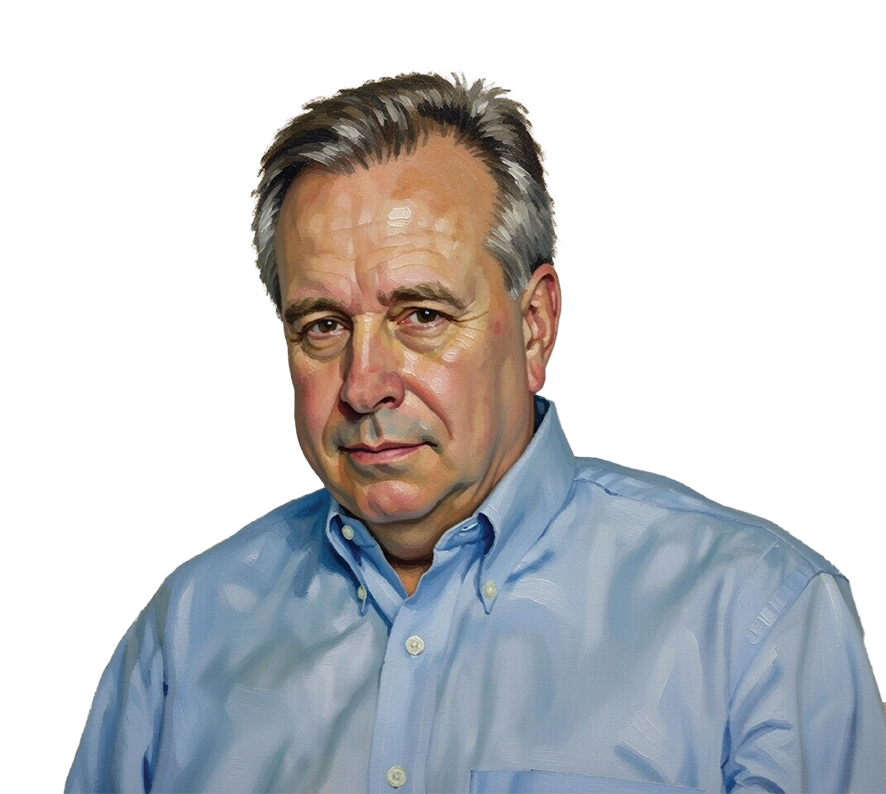Joseph Willson Shares His Journey From Sobriety To Storytelling
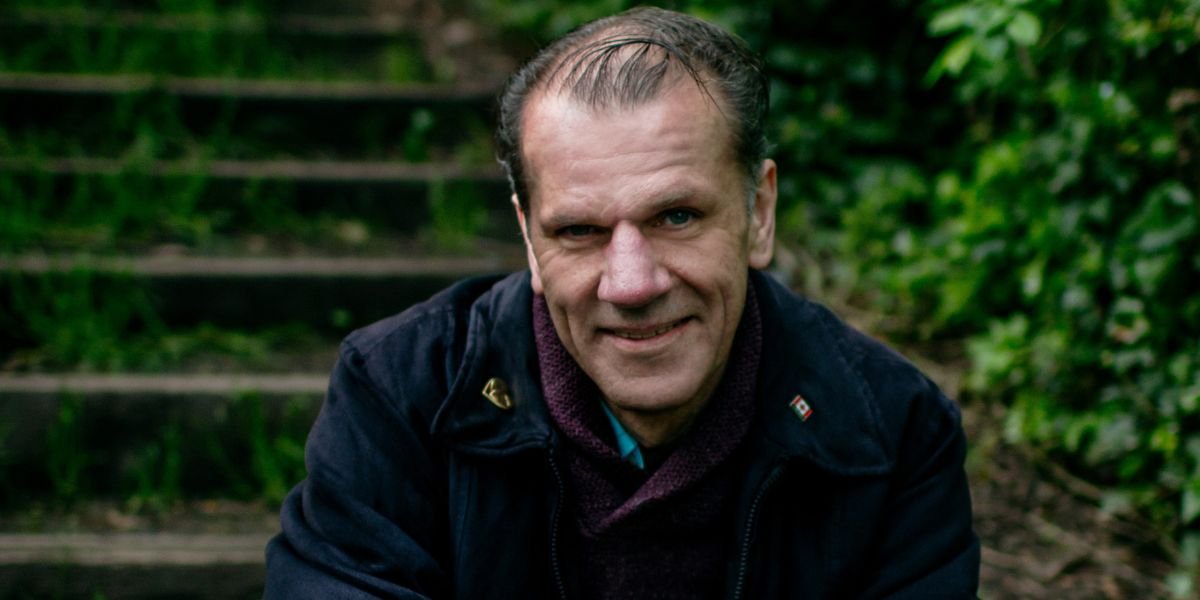
PHOTO: Author Joseph Willson Inspires Through Stories Of Sobriety, Resilience, And Adventure
Inspiring Readers Through Memoir, Recovery, And Children’s Fiction With Heart And Authenticity
Joseph Willson draws from personal experience, professional expertise, and life lessons to create compelling memoirs, recovery guides, and adventurous children’s stories that educate and inspire readers.
Joseph Willson has transformed personal experiences and hard-earned wisdom into a compelling literary journey that spans memoir, recovery guidance, and children’s fiction. Drawing from his decades-long career as a Red Seal Chef and his candid exploration of addiction and sobriety, Joseph’s books offer readers both insight and inspiration. From the gripping realism of Through the Mind’s Eye to the adventurous storytelling of The Oliver Chronicles, his work resonates with authenticity, hope, and resilience. Mosaic Digest magazine is proud to feature his interview, celebrating a writer whose stories educate, empower, and leave a lasting impact on readers of all ages.
Willson’s work combines authenticity, courage, and storytelling skill, offering guidance, hope, and unforgettable narratives across multiple genres.
What first prompted you to turn your private journals into a book, and how did it feel to release such personal material to the world?
One of the most important things that is learned in addictions treatment, (after becoming sober that is), is to ‘give back.’ To help others in the same situation as you have found yourself. Once I found myself well enough to be in such a position, I knew that my experiences, my past trauma and the fashion with which I had tackled such could indeed help others. These journals written while in treatment were only ever supposed to be for personal reference.
Mine however I had shared with others already. My counselors, teachers, mentors alike, and the response I had was extremely positive. I had wanted to publish, and this was the gentle nudge I needed to do so. I must say the many others it has helped in their own recoveries over the years, although not overwhelming in numbers, has been a great encouragement to my own continued sobriety.
“These journals were only ever supposed to be for personal reference, yet sharing them became a nudge to publish.” – Joseph Willson
In the Oliver Chronicles, the creek rescue scene was gripping; was there a real-life incident that inspired it, and how did you research the technical details?
Interesting question. I think I would honestly have to say yes and no. Growing up my brothers and I spent a fair amount of time in the woods. Small town setting, different time and mindset than today as children, we enjoyed nature, were taught to respect every living thing. So being boys, we did find ourselves in similar situations, just not to the same extreme as in the book. Falling out of trees for example, breaking bones, falling through thin ice on a local pond. Yet never to a life changing extent. That’s where the idea originated and I simply used my own knowledge to enhance the scene for the book.
Your memoirs speak candidly about relapse and redemption; which moment on the page still makes you wince, and why?
This is a quote from Through the Mind’s Eye, “I am now, always have been, and forever will be a person of a good heart, a person of relatively sound mind, and someone who truly does care about the world around him and the ways in which to help others in any way humanly possible.” “This is me, and it always has been. Why, then, did I seem to hate myself so much?”
Every time I re-read this, I indeed cringe. I still have days where I truly cannot believe how much I truly despised my own existence, and for no valid reason. So, whom would I be now, sober, if in fact I did not have the ability to forgive? After all, what is redemption other than a form of forgiveness?
Working as a chef at Harbour Light, how did the rhythm of a professional kitchen influence the structure and tone of How to Become a Successful (recovering) Alcoholic?
Keeping in mind I have been a journeyman chef some 40+ years, returning to the kitchen after treatment finished was not something I had intended to do. I fully believed that was where much of my trauma lay, was indeed the time I had spent working in the hospitality industry and its culture towards both alcohol and drugs.
At Harbour Light however, to clarify, this is where I attended the addictions treatment program. I was now the one serving the meals that I had once partaken in myself. I did not consider myself to be at any risk.
Harbour Light, in many respects was where the structure and tone of the book first manifested itself. The book being solely about my first year of sobriety after moving out of the treatment facility that I spent 14 months in.
You emphasise that sobriety is a journey, not a destination; what daily practice keeps you anchored when the novelty of recovery fades?
To begin with, the “novelty of recovery” as you have so eloquently stated, has not faded. That statement is a fallacy. If anyone in sobriety ever tells you this, they need to talk to a counselor, Recovery in and of itself, never ends. I will be ‘in recovery’ until the day I take my last breath. I, 10+ years into my journey, still refer to myself as a ‘recovering alcoholic’. And there are people that will tell me I should not be doing this. That I am recovered, that it isn’t healthy. This is my journey. The one thing that keeps me anchored is the knowledge that if I ever take another drink, I will die. It’s just that simple in my case. It truly keeps me grounded.
Through the Mind’s Eye explores cultural myths around alcohol; which myth do you find most insidious, and how do you debunk it when speaking to newcomers?
My biggest issue here would be those that believe they can regulate how much they drink. If in fact you have worries about the amount you drink, you are an alcoholic, period. If you believe you can control this, that is an admission of a problem and gives you 2 choices. Quit or continue to dig your own grave.
I find it so very interesting the number of sites that promote healthy drinking, a place that teaches you how to regulate your intake. It’s ridiculous. If you believe you drink too much, if it truly worries you, there’s 1 choice and only 1. You need to stop. Completely. That people make money from this infuriates me.
If you could hand one chapter of any of your books to your younger self, which would it be, and what do you hope he’d take from it?
That’s an easy one.
My first book, ‘Through the Mind’s Eye’, Chapter 1. ‘The Dry Drunk’
If I had had this knowledge handed to me at the age of say 14, I may never, ever have taken my first drink. It really is that simple.
For fellow authors writing about addiction and recovery, what three pieces of advice would you give them to ensure their stories serve readers without triggering them?
Tough question really.
The act of ‘triggering’ someone new to recovery is or can be very cruel. In my books, I did so, yet I did so in a way that the reader was made aware of the fact I was indeed going to do so. I did put trigger warnings in my books because I do believe it to be necessary.
When I first entered recovery, my concept of the word ‘trigger’ was non-existent, I needed to learn it’s true meaning and I do wish someone would have given that information before this happened to me. It was difficult the first few times. Had I known what to expect I may have approached certain situations differently or avoided them altogether for the time being.
My only other advice would be, tell your story to the best of your ability and do not let anyone deter you from what it is you feel the need to share. We all learn in different ways and each person’s advice can resonate differently to different individuals. It may save a life.


